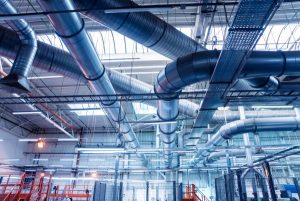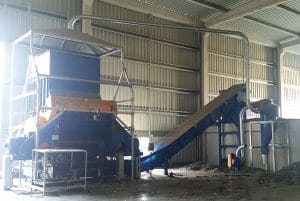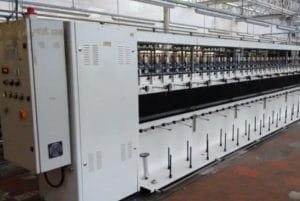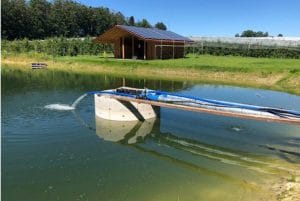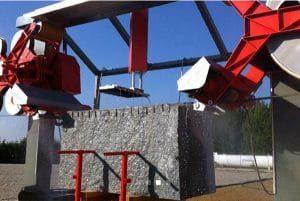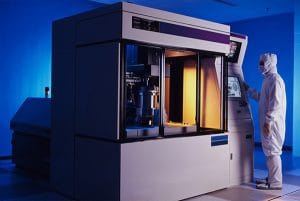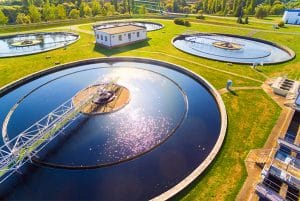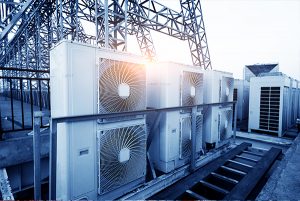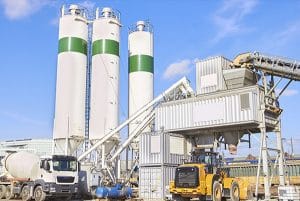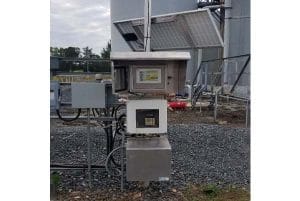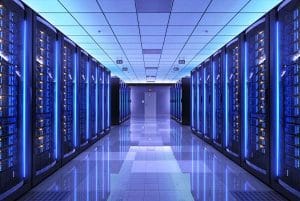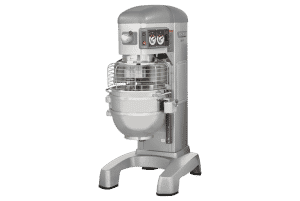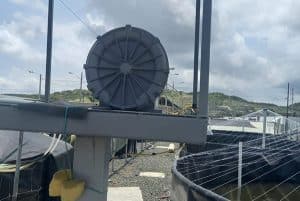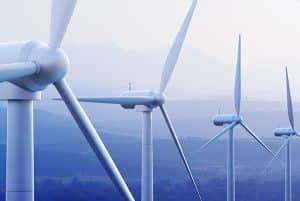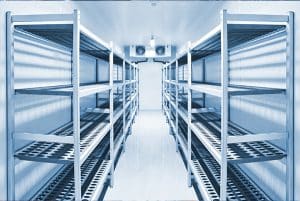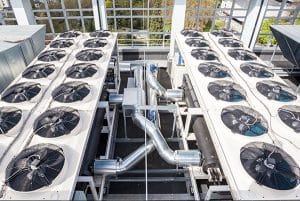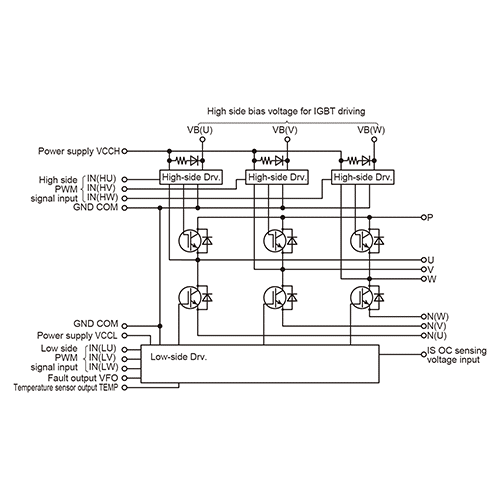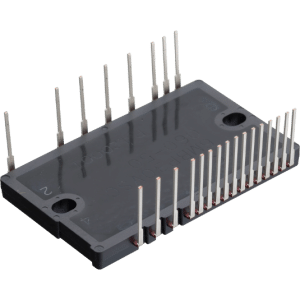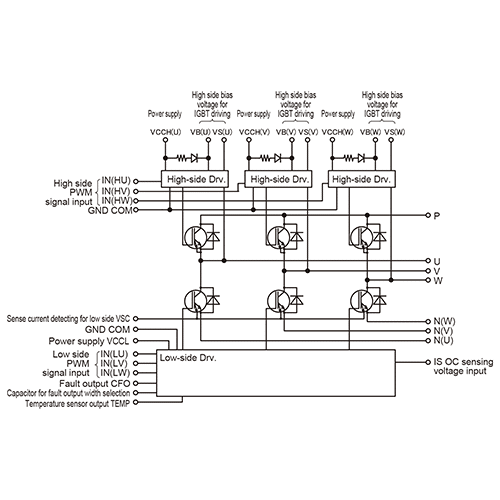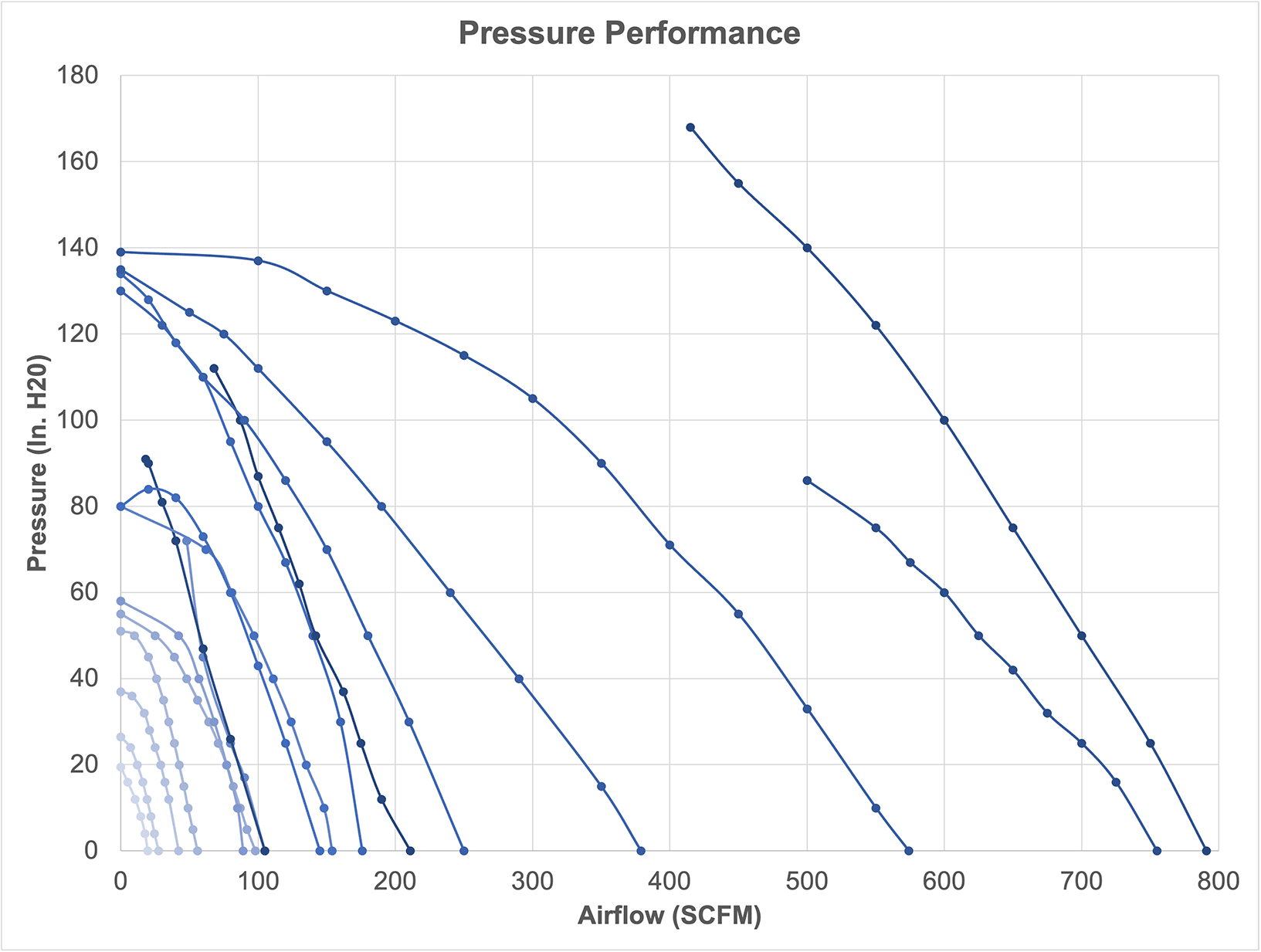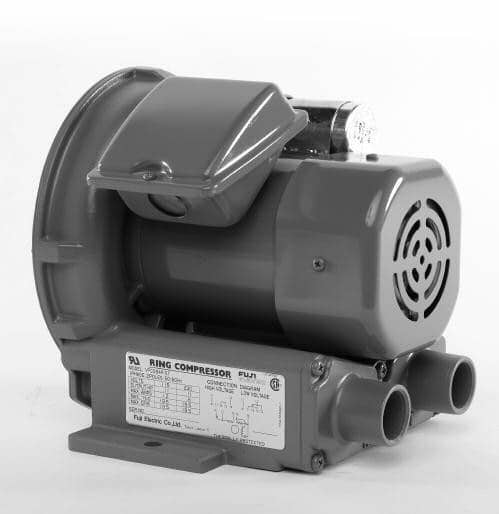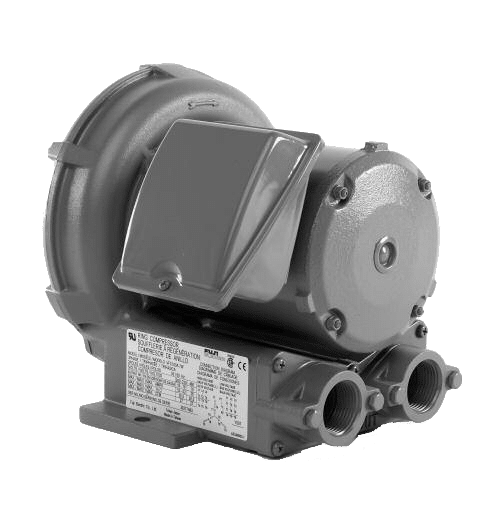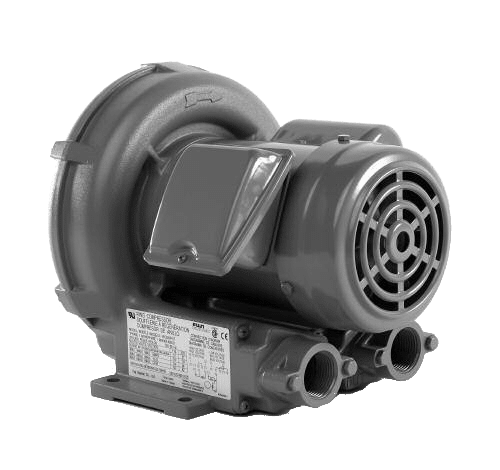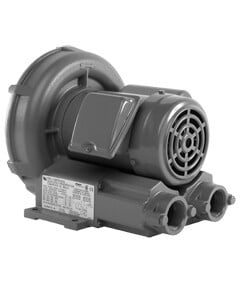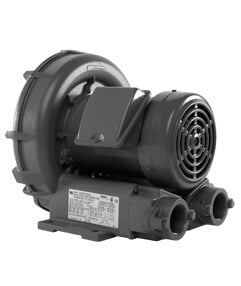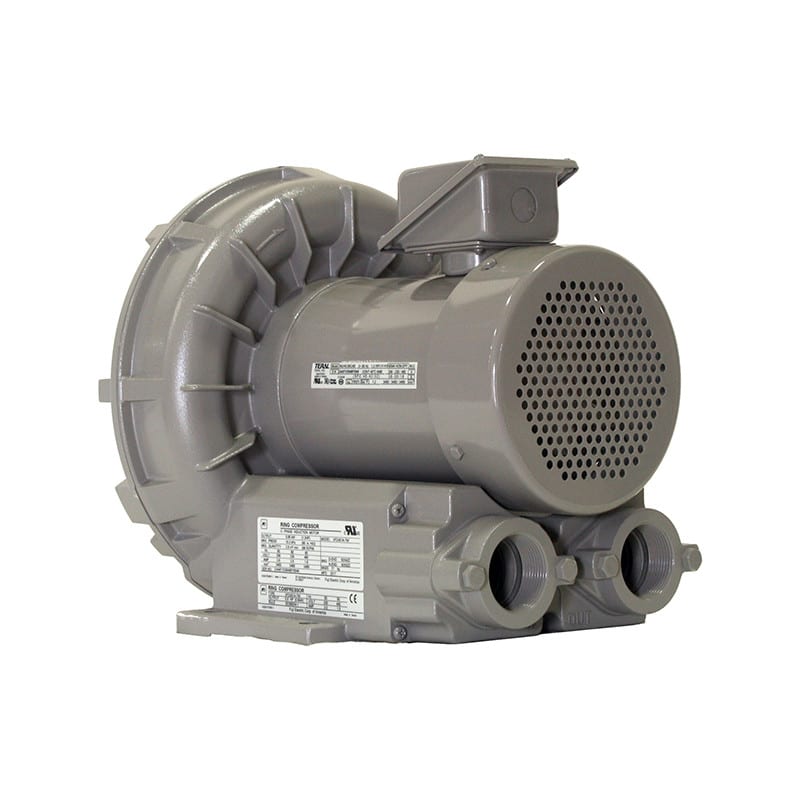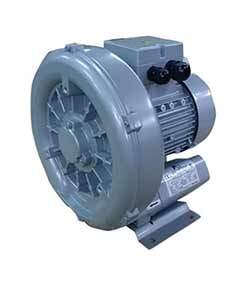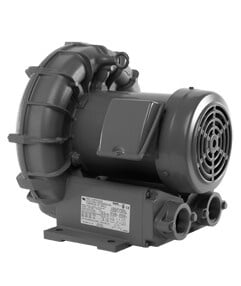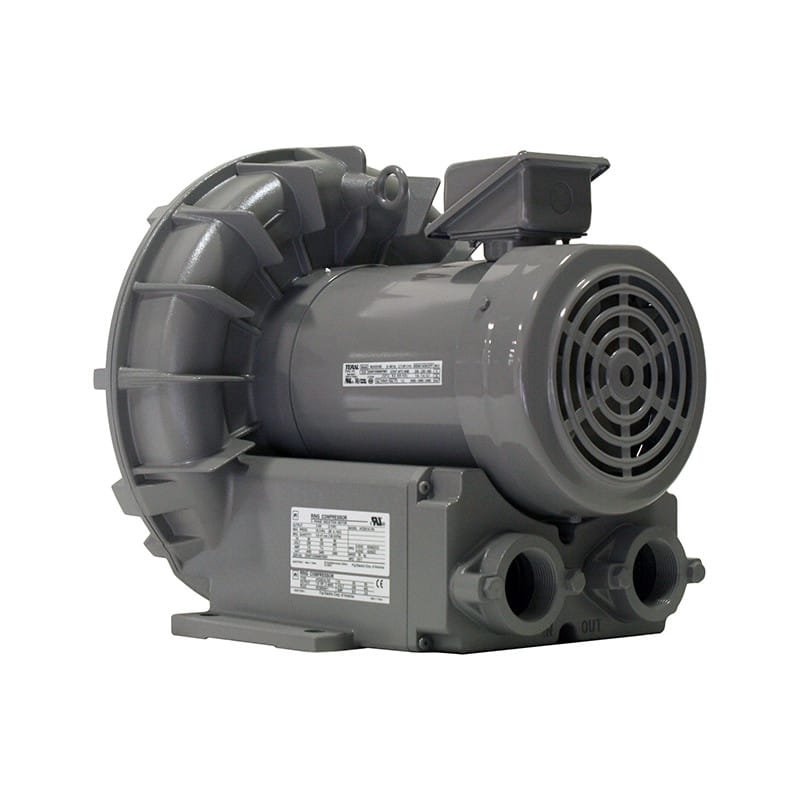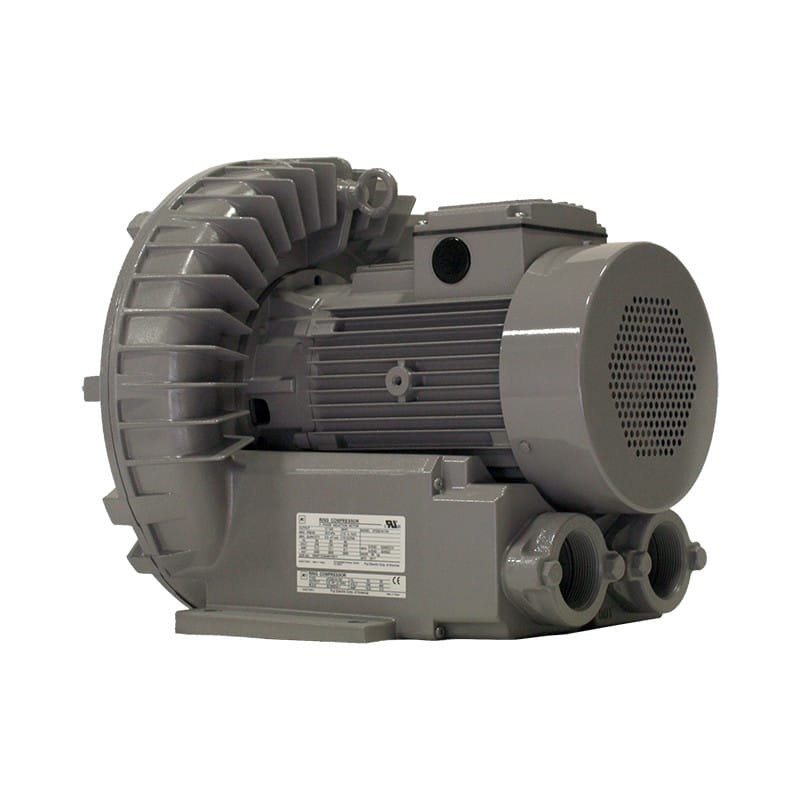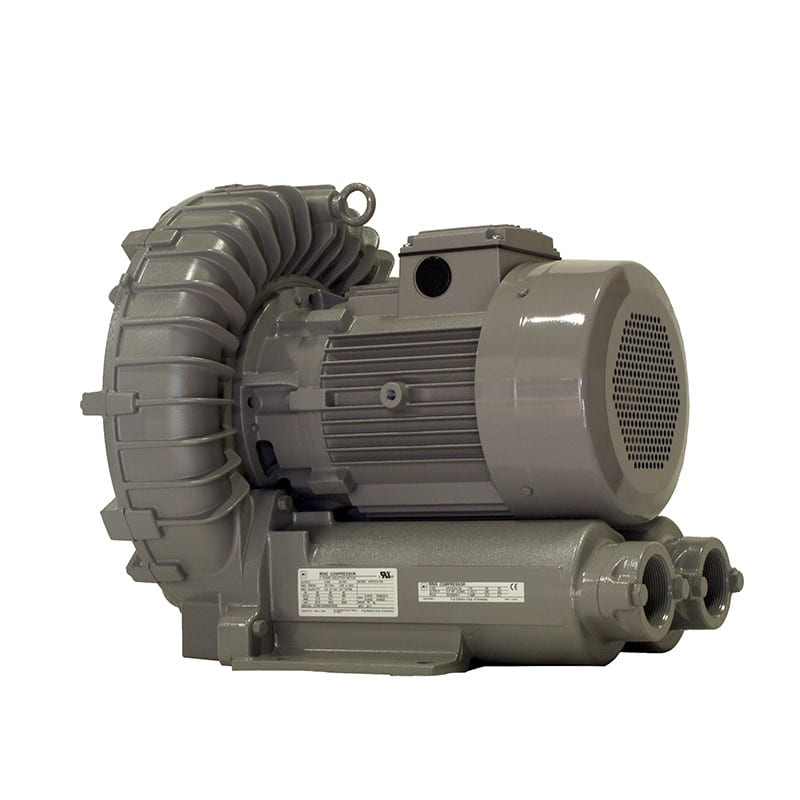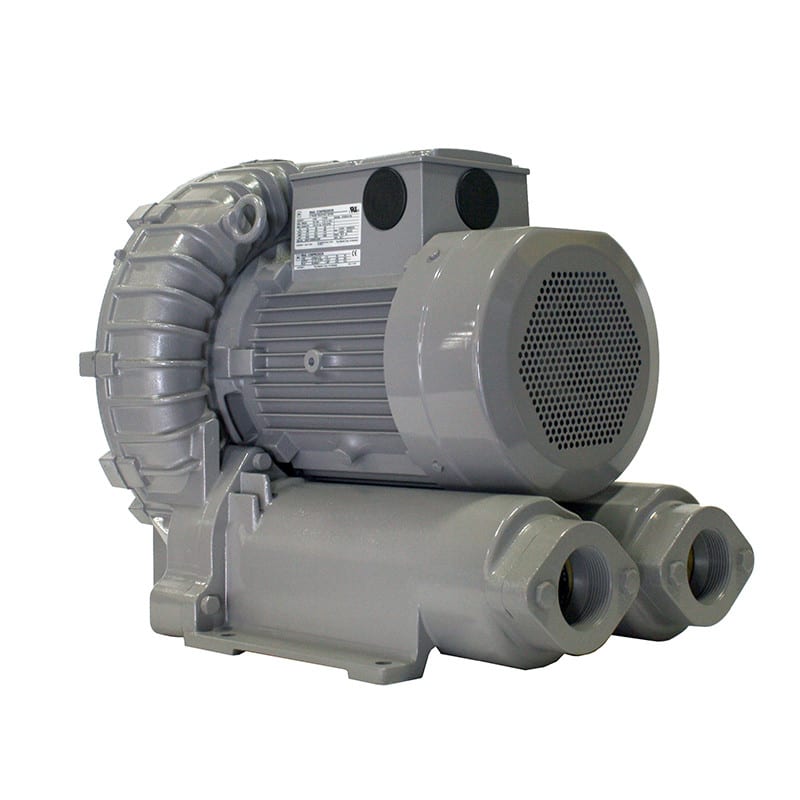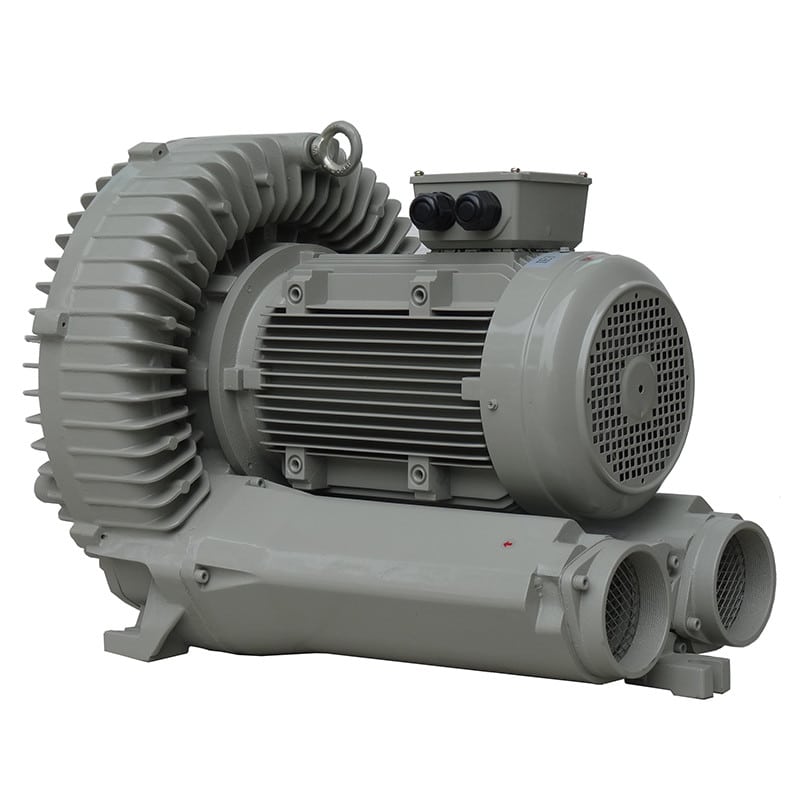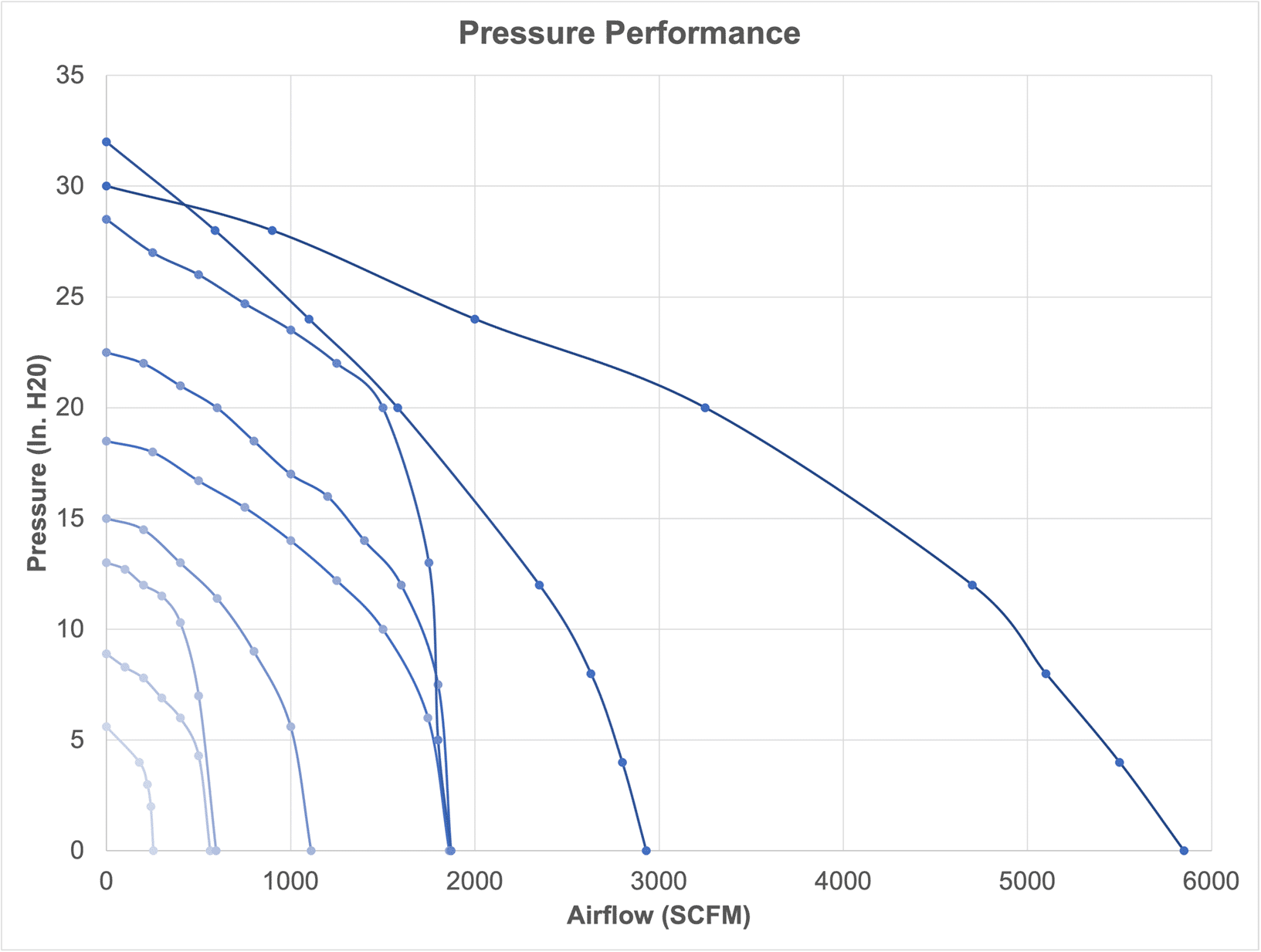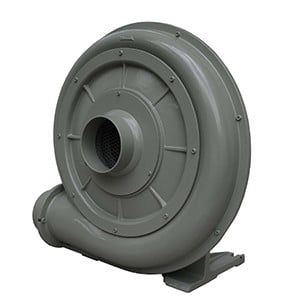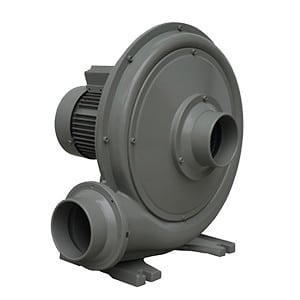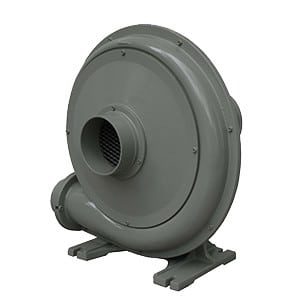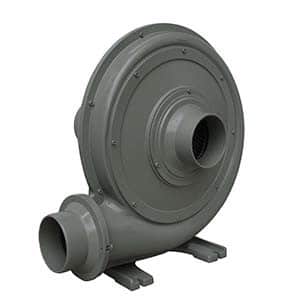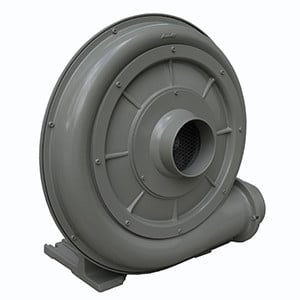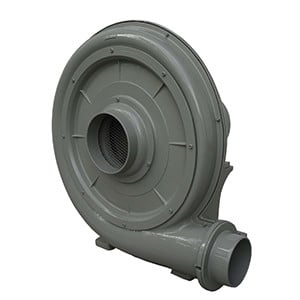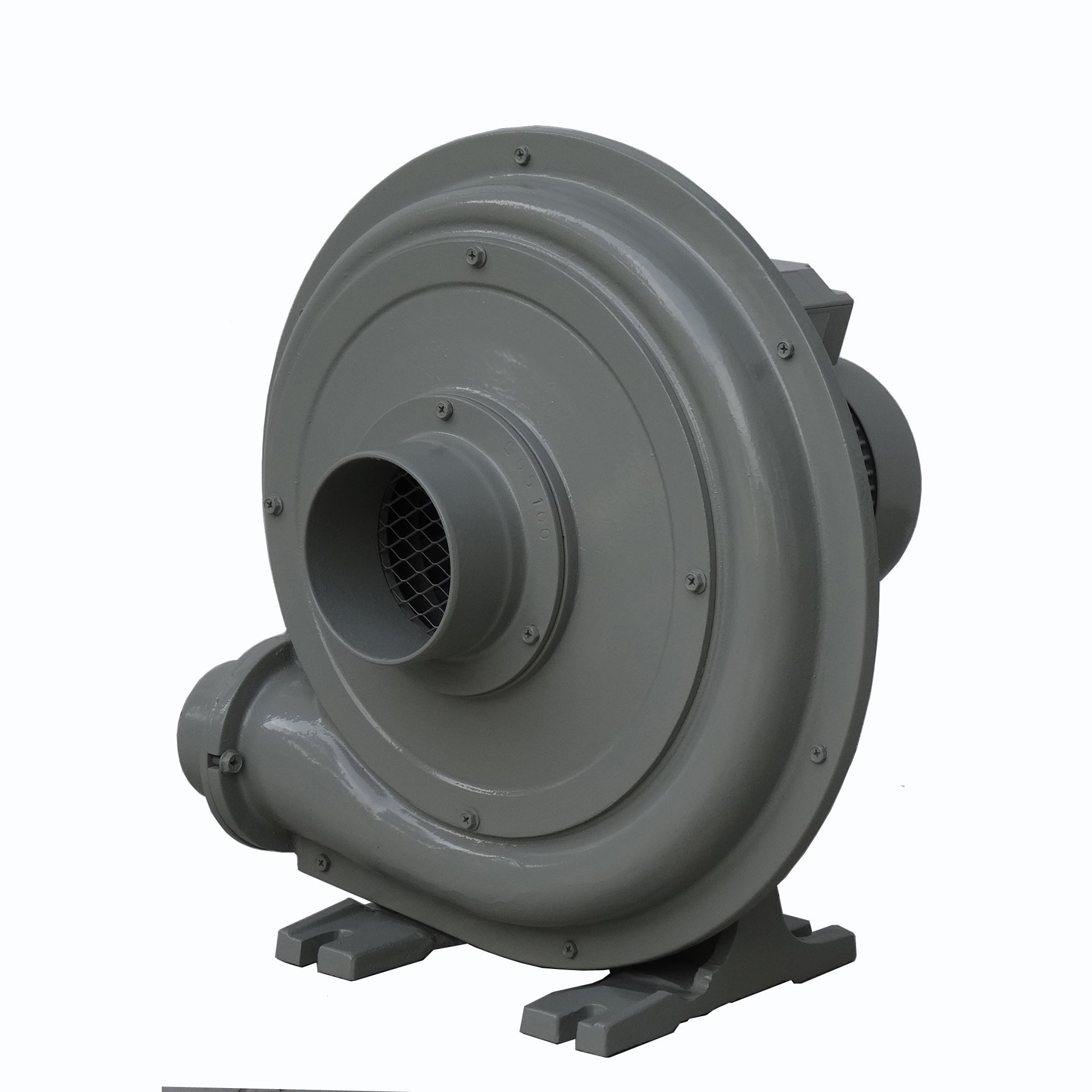A UPS (Uninterruptible Power Supply) system can help reduce your carbon footprint by improving the efficiency and sustainability of your power usage—especially when integrated into a broader energy strategy. While traditionally viewed as a backup solution, modern UPS systems actively contribute to energy conservation and emissions reduction in several key ways:
- Energy Efficiency Reduces Waste
- Modern UPS systems—especially those using double conversion or eco-mode—can achieve efficiency ratings of 95%–98%.
- Less energy is lost as heat, which reduces your electricity usage and cooling requirements in data centers or industrial environments.
- Lower energy consumption = fewer CO₂ emissions from power generation.
- Supports Renewable Energy Integration
- Advanced UPS systems can interface with solar PV or wind systems to store and manage renewable energy.
- This reduces dependency on fossil-fuel-based grid power and supports a cleaner energy mix.
- Enables Load Shifting and Demand Response
- Some UPS systems are capable of energy storage and peak shaving, discharging stored energy during peak demand times.
- This helps reduce strain on the grid and avoids using carbon-intensive peaker plants.
- When connected to demand response programs, your UPS can support grid stability while earning incentives.
- Battery Technology Advancements
- UPS systems with lithium-ion batteries have longer lifespans and higher energy densities than traditional lead-acid batteries.
- Fewer replacements and better recyclability reduce the environmental impact over the system’s lifecycle.
- Optimized Facility Performance
- A UPS ensures uninterrupted operation of efficient, digitally controlled equipment (like HVAC and lighting), preventing energy-wasting disruptions or unsafe shutdowns.
- It also protects sensitive systems, minimizing damage and the need for carbon-intensive equipment replacement.
Summary: Carbon-Reduction Benefits of a UPS
|
Feature |
Carbon Impact |
|
High Efficiency |
Lowers electricity consumption |
|
Renewable Integration |
Reduces reliance on fossil fuels |
|
Load Management |
Supports grid and avoids peak carbon output |
|
Longer Battery Life |
Minimizes waste and manufacturing emissions |
|
System Protection |
Reduces downtime and equipment turnover |
Bottom line:
A UPS isn’t just about power continuity—it can be a strategic tool for sustainability, helping your facility operate more efficiently, reduce energy-related emissions, and support the clean energy transition.



